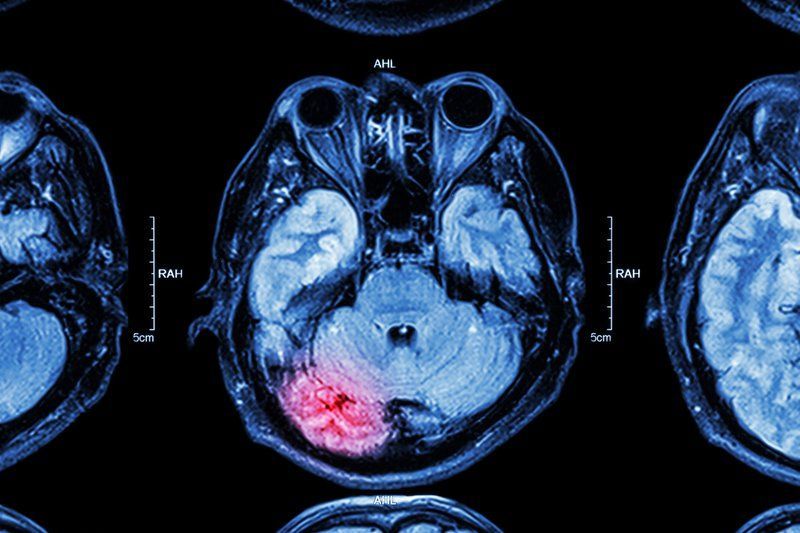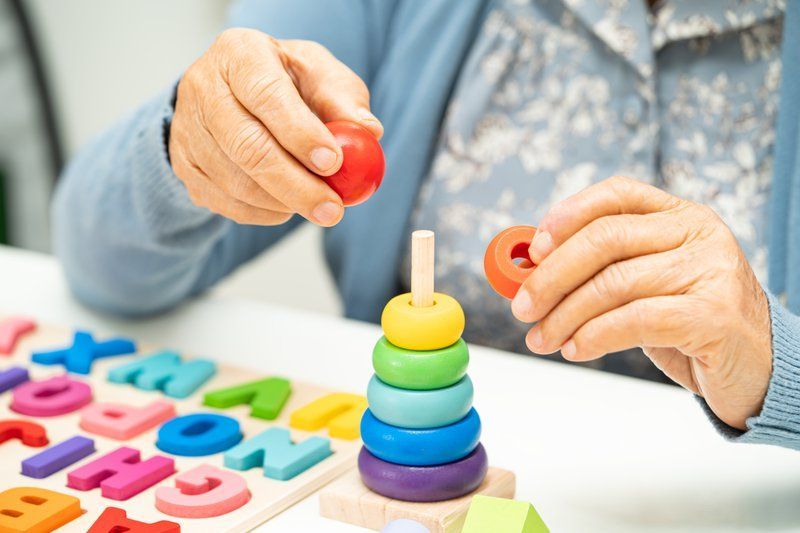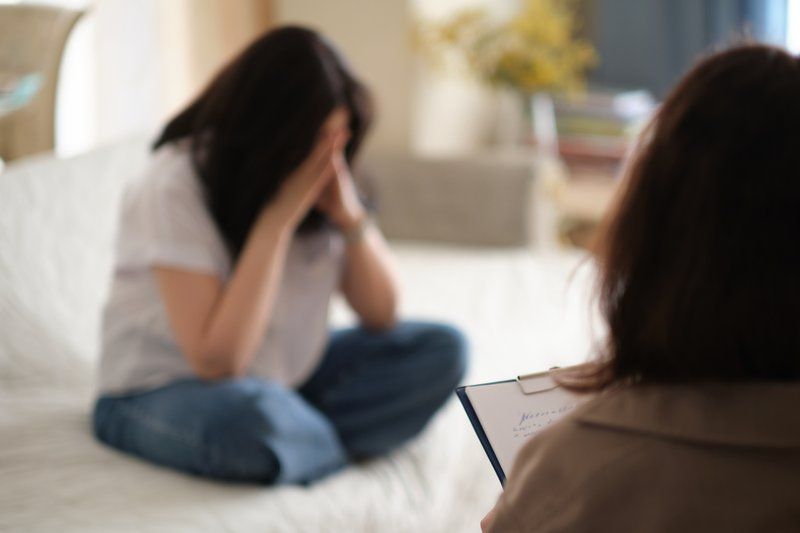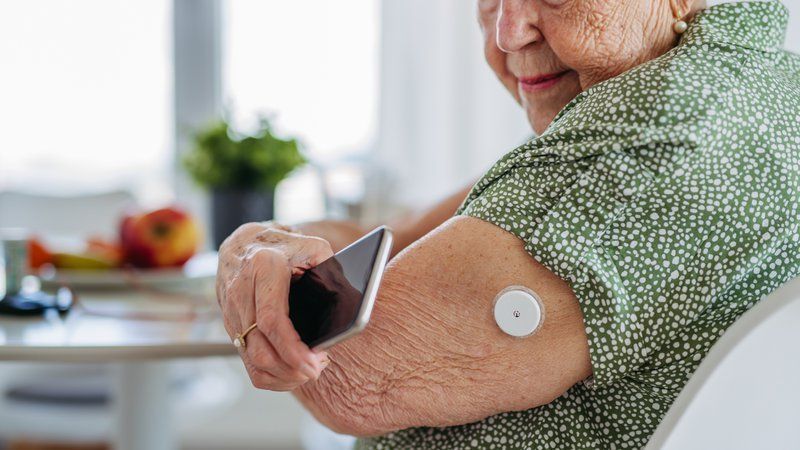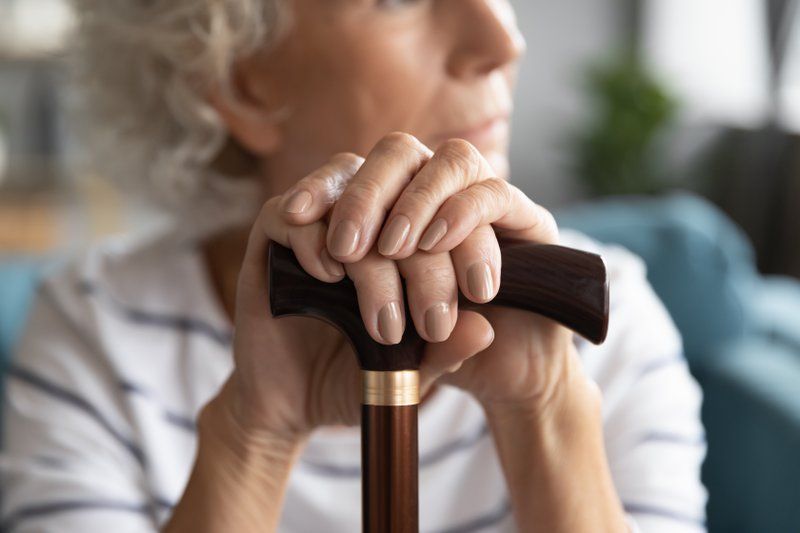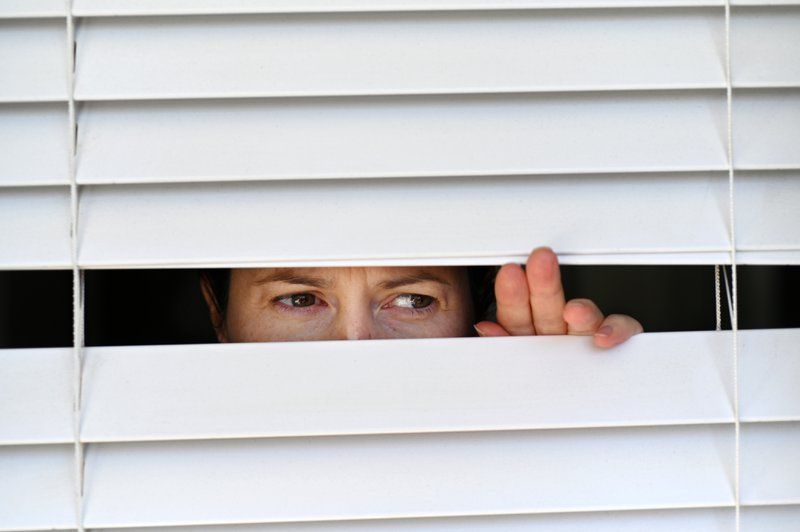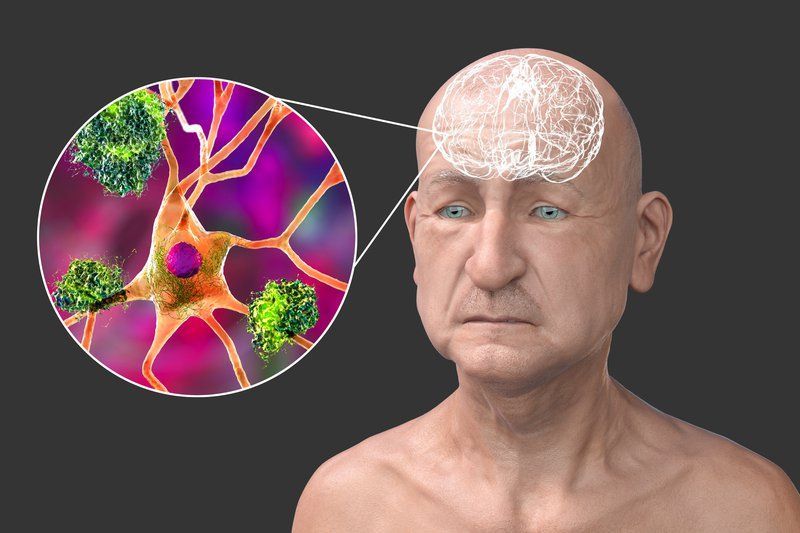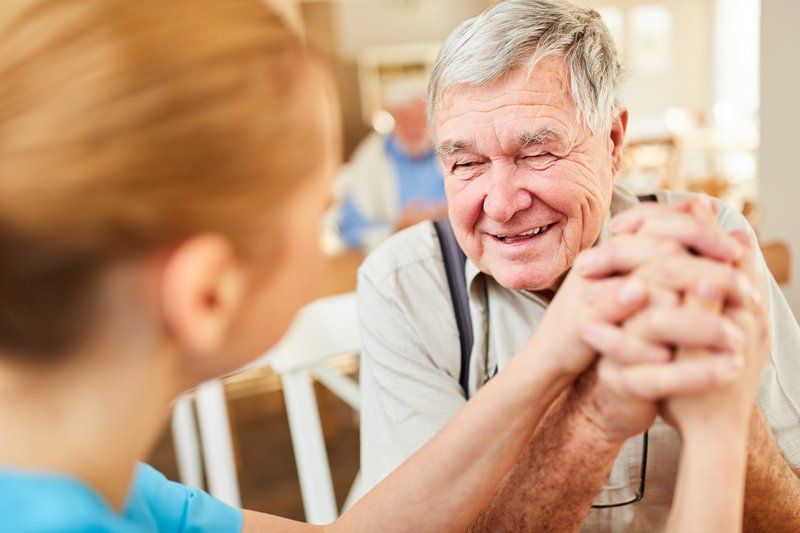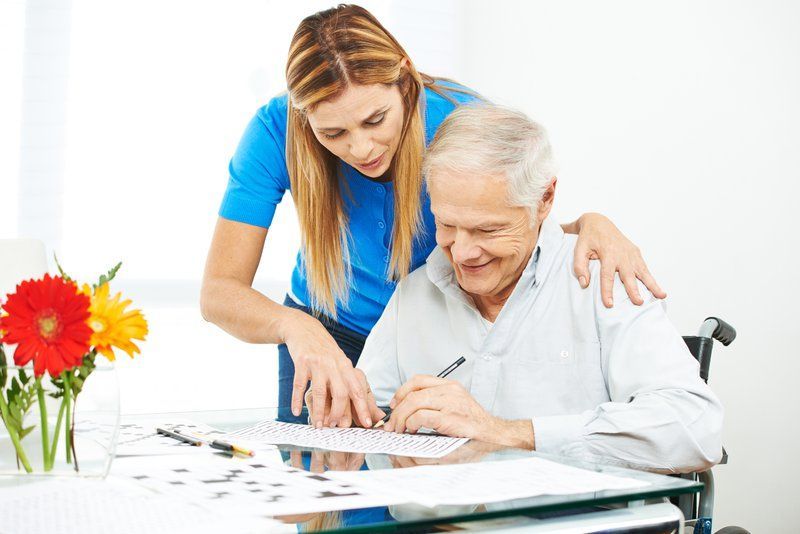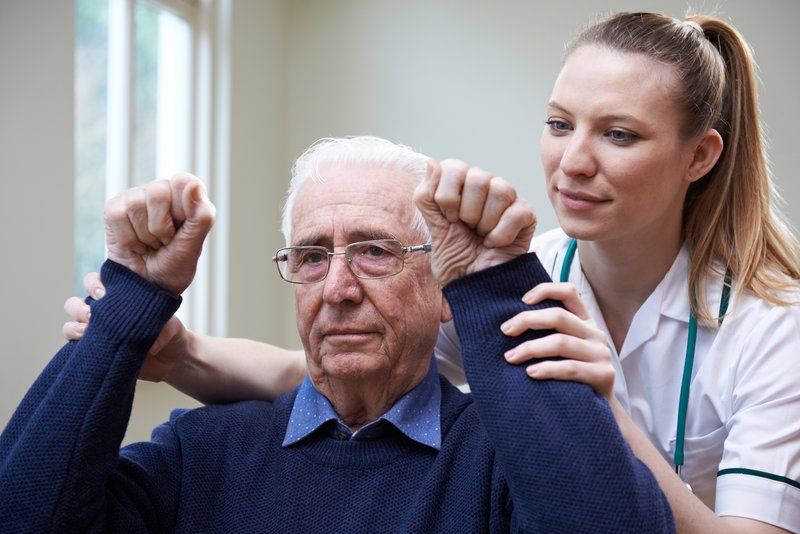Give us a call: (303) 814-2688
We are located at: 599 Topeka Way Suite #303 Castle Rock, CO 80109, USA
Email us on: francis@assuredal.com
BLOG
Assured Assisted Living Coronavirus Response March 31, 2020
Francis: Welcome to Tuesday afternoon, March 31st, Assured Family. It has been quite an interesting couple of weeks for all of us. And so I want to sit back down again with Allyson and let's get a little update as to how things are going. So first Allyson, how are you doing?
Allyson: I'm okay. Thanks for asking.
Francis: So let's start with kind of some of the questions that we're getting right now is how are we controlling the visits? So what's going on with our hospice and our physical therapists?
Allyson: Yes. So I've been in contact with all of the companies that we use, and we've kind of gone through the list of people and anyone who we think is stable or may not need, you know, those services as regularly as they had been. We have either eliminated or cut down the number of visits. But that's not to say that they're not still checking in. So, say somebody was visited twice a week by a hospice nurse, maybe now they're only coming once a week or once every other week, they're still checking in with me as often as they were visiting and just kind of doing the virtual check-in.
Francis: So we're going to what? I'd say more tele health type visits right now from as many providers as possible?
Allyson: Yes.
Francis: And was the tele health visit working? Are we doing it through an app or what are we doing? Allyson: Yes. So, everyone's been a little different. I know Rocky Mountain Senior Care we have an app called gypsy. Some of the hospice providers I've done Facetime with, so I mean, really whatever anybody needs we can kind of adapt to.
How are you finding that's helpful for you, the tele health visits? I mean, I just like it because then I know that there are less people in the house and especially those people, those providers, they're going to a number of places. So to know that now they're not and they're just doing everything from their phone, at least for our residents, I feel more comfortable with that. And I mean, it's been pretty easy and I know we've all been able to do it. Tina and Esther, we've all had success with it. So...
Francis: And it definitely has given me a peace of mind that we're limiting the chance for bringing in the COVID or even right now, it's still flu season. Right?
Allyson: Yes.
Francis: So we can possibly bring in flu or pneumonia outside of COVID. And I think what's really important is that we're such a small environment. I want to try to keep us contained. Because we only have eight to nine residents and a majority of our staff is on site as part of their living arrangements as well, too. So it's really good for us to keep it pretty bubbled and tight. Right?
Allyson: Yes.
Francis: And how are you finding the staff? How's the staff doing?
Allyson: Okay. They're just a little scared. I mean, I think we all are. And I know they're worried for the residents and I mean, they just care for them so much. I think we all know that and see that. And so it's just a scary time. But we'll get through it together. So...
Francis: Yes, exactly. I think that's what's really important is that you're staying on top of this, we're staying on top of this together to really make sure we're doing what we can and which is why we're trying to bring in more iPads right now. We're bringing in more iPads, this week, we've got a couple more and we are trying to find as many as possible. It's actually not as easy to find a tablet right now, as I thought it would be quite frankly.
Allyson: Yes.
Francis: How have the virtual visits been going with the families?
Allyson: Good. I mean, obviously nothing is going to be the same as in person, but I think that's the next best thing. And it's nice to be able to at least offer that. I know it's helpful, obviously that we have fewer people. I think that's just another advantage with us. I don't know necessarily that the big box place if that’s really something that they could do. So I think that's great that we're at least able to offer that. Francis: Yes. And I think too one big thing is that I want to stress too, is we're not keeping our residents in their rooms. They're able to come out in the common areas and socialize because of that smaller model. And because we're pretty much a self-contained unit.
Allyson: Yes. I think you and I both have spoken to people and just know from our experience of lockdowns in the past at other facilities, but that is how it goes. No one's even allowed to leave their room.
Francis: No. And that's a concern. I mean, that's one thing that we want to strive for is we want to keep our residents safe, but also try to give them a little bit of freedom, getting them outside. We're trying to go for walks, get them on the back deck, get them on the porch, things like that to where we can get outside and enjoy the—it looks like some warmer weather that's coming our way.
Allyson: Yes.
Francis: So let's talk a little deeper. We've been working pretty hard on this. It looks like we’re close to trying to arrange possibly a private laboratory to run tests for our residents and our new residents especially that are moving in. So I want you to touch briefly, we are close to finalizing a possible opportunity to have our new residents and any residents we may or may not be concerned with to get COVID testing among other testing, of course.
But obviously CODVID is the biggest concern right now. And we hope to have some of this stuff finalized by the end of this week is our goal. How would us being able to test our residents before moving in help with what you're doing with our care plans?
Allyson: Yes. I mean right now, we're already being really strict for, if we do have to take a new resident, but to be able to just know for sure that we can test them and that it would be quicker, that would just give me such peace of mind to know that we're doing everything that we can to keep it out of the house. I know that the hospital is testing people, but some of their tests are taking over seven days and a week or two ago they did something because they're at such high capacity.
We have to accept people coming back if the test was to be still pending. So if we had the ability to test ourselves and that would be nice to not have to wait because the hospitals are just overwhelmed right now and their labs that it's taking them a really long time.
Francis: Right. We're seeing on average, seven to nine days for results to come back. I know the hospitals I've talked to, they're very concerned. They don't want to waste beds for people that are non COVID symptomatic. They want to save those for if or when that spike occurs that everyone's anticipating. So we're trying to do our best also with that being said to limit the need to go outside the facility for treatment. So we're trying to use dispatch health, virtual visits, and things like that, so that we are not having to send our residents to the hospital to really avoid that, that exposure that could be prevalent, could, maybe be.
But the hospitals are doing a really good job. From everything I've read, they are doing a very good job of keeping COVID patients segregated from non COVID. So I want to stress that, that we've got some excellent hospitals in Colorado and they're staying on top of what they're doing along with our infection control plans as well, too. And with what Allyson and I have been working on, we have action plans built for pretty much a lot of the situations, right?
We've got our different infections, whether it's the flu, pneumonia, COVID, so we are continuing to implement those. Allyson and I were just talking before how well the staff is doing to the, I'd say what we doubled or tripled our infection protocol from a cleaning hygiene standpoint that we would normally be doing?
Allyson: Yes. I really can't thank the staff enough. They've been amazing. And I mean, as always, we wouldn't be us if it weren't for them, but they really rose to the occasion. So, kudos to them.
Francis: Yes. The staff has been incredible. I think from—we've asked them to essentially double, triple, we're wiping down handrails four or five times a day with bleach and water. All hard surfaces are being really well taken care of. They always are, but now we've just added an additional couple times a day to really stay on top of that preventative care when it comes to spreading the virus and in the interaction.
And we are constantly trying to find new ways to engage our residents, which is really exciting. We have been working with Spiro 100 and Blair has been taking the lead on this. And it is, I guess what, the best way to call it is an interactive platform, right, Allyson for our residents? That we're getting different wellness programs virtually, we're able to bring a lot of things into the house that normally we would have to stop right now. Right?
Allyson: Yes.
Francis: How do you think the residents have responded to the new platform that we're bringing in?
Allyson: Yes. It's been great. And then I know Blair has also been working with some of the staff to help them be able to use it also. So it doesn't have to just be something that's done while Blair is in the house. Because I know as much as we would all love him to be everywhere 24/7, that's not possible. So, yes, it's been great and it's not even just the exercises, there are a lot of other different programs on there. So I'm excited to have that even just for the future when this is all done or it would just be a cool thing to have.
Francis: Right. I know that one thing that we're doing too and Blair is trying to find I think live or recorded Broadway shows. I think there's some orchestra, some other things that we can be doing for our residents to keep them engaged musically. Right now we're doing our music therapy virtually. Blair obviously is still doing his hands-on art therapy, which is great, but we're trying to bring as many things virtually through technology to our residents to keep them engaged. Our level of engagement is what matters to our residents. We don't want them to feel isolated. We don't want them to start to get depressed. We really, really want to push their engagement to keep them doing the things that they've always been able to do.
Allyson: Yes. And I know a family member had mentioned, I guess you can do a virtual walk through national parks and things like that. And so I know Blair figured that out also.
Francis: Yes.
Allyson: That's pretty cool.
Francis: That is really cool. And I think now most of our TVs are smart TVs, so we can simulcast or live cast or whatever cast to the TV. And we can also get the web pages through our TV to try to really bring those experiences to as many residents as possible. That's what's really important and pushing our envelope on how we engage and how we better engage with our residents.
Something that we talked today at our virtual staff meeting, right, we're not meeting in person right now, was our Spring Fling. And I'm really excited that we are going to be having essentially, I'd say a dance party for the staff and the residents at each of the houses. We're going to cater some food in, we're going to get everybody dressed up and really try to find a way to have a little bit of fun or a lot of fun during COVID. We'll have a healthy COVID party I'll call it.
Allyson: Yes, that'll be fun.
Francis: And so we're in the planning stages of it right now. And our goal is to release some dates here probably in a week or so, but plan on getting information about it occurring the last week of April and we will be doing it in all of our houses to honor the staff and give the residents and the staff something to look forward to here in this time of uncertainty. And we are really excited that we're going to have some fun. Really have some fun and try to break away from kind of some of the concern that we all are carrying with us right now.
Allyson: Yes. And I think that's a great point mentioning fun. So for all the families watching or anybody, I think it's also just a reminder to try to take some time for yourself, do something that you enjoy with whoever you're quarantined with or yourself, because it can be overwhelming. So….
Francis: Yes. And we're here to answer your questions. We are in this together and what matters most to us is making sure we're keeping our loved ones safe, our family safe. As far as we're concerned, all of our residents are part of our extended family. We are in this together and we want your feedback. We want any questions or ideas that you have as to how we can be better engaging with you and giving you the ability to engage better with your loved one.
We want to know how we can help you because we're in this together. And I believe that we've done a lot of great things, but we can always do a little better or do something a little different. And so Allyson and I are always here for your feedback, for your critique to help how we can move forward together and to get through this.
Allyson: Yes. I agree. And I just want to say, I know it's been a little crazy and I feel like I've been on the phone more than usual. So if anyone has called me, if I miss your call. I have been trying to return all calls at least by the end of the day. But please, if I somehow missed anybody, please reach out and I'm happy to talk or answer any questions or email. If anybody doesn't have either of our emails, please let us know.
Francis: Yes. And then I will be following up with a newsletter going out as well to all families as well. We will be sending the newsletter out tomorrow, which is just our normal monthly newsletter. But I will also be doing our normal update on COVID in an email form, so that families have that as well, too. And again, we're here for you. We're here for our residents. We want to be a part of helping you through whatever challenges you feel like you're facing right now.
We can do this together. We're going to get through this together. And there will be light at the end of the tunnel. There really will be. And I know it might not be the easiest to see it, but I promise it's there. It might just be really small, but it's out there and we're going to find it. It is. So Allyson, anything else before we end our little update here?
Allyson: No, I've got nothing else. But if anybody has any questions or things or even for the future, you know, in a week or two weeks, we can continue to do these updates if you guys think that they're helpful. If you have anything that you'd like us to work about, please let us know. So everyone's been really helpful that I've talked to. I feel like I've learned something from all the families that I've talked to, so it's always good just to get new learning, because we're all going through this for the first time.
Francis: Yes. This is our little mini challenge for us right now to, I think, improve how we are taking care of our older adults. It's showing the importance of our care, and showing how we are proactive in preventing our residents from catching some of the illnesses that are out there. So it's on us as providers to really push our envelope as to how we can continue to do a better job, to ensure a great life for our residents while also making sure they're having some fun.
Allyson: Yes.
Francis: So thank you everybody for tuning in. Any questions, shoot us an email, send them, and make a comment here. We will respond to it. But as always, stay healthy, stay safe. And thank you for allowing us to do what we're able to do. Have a great rest of your Tuesday. And we will talk to you real soon.
Allyson: Thanks guys.
